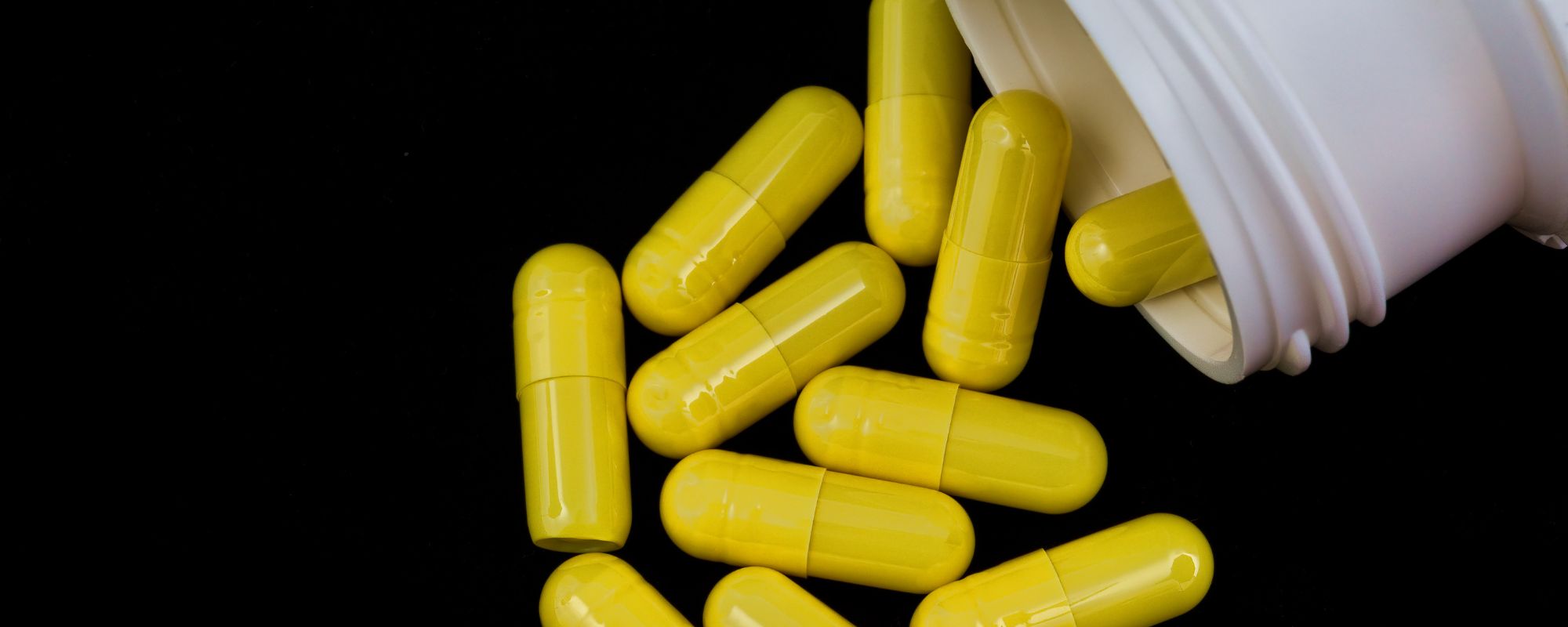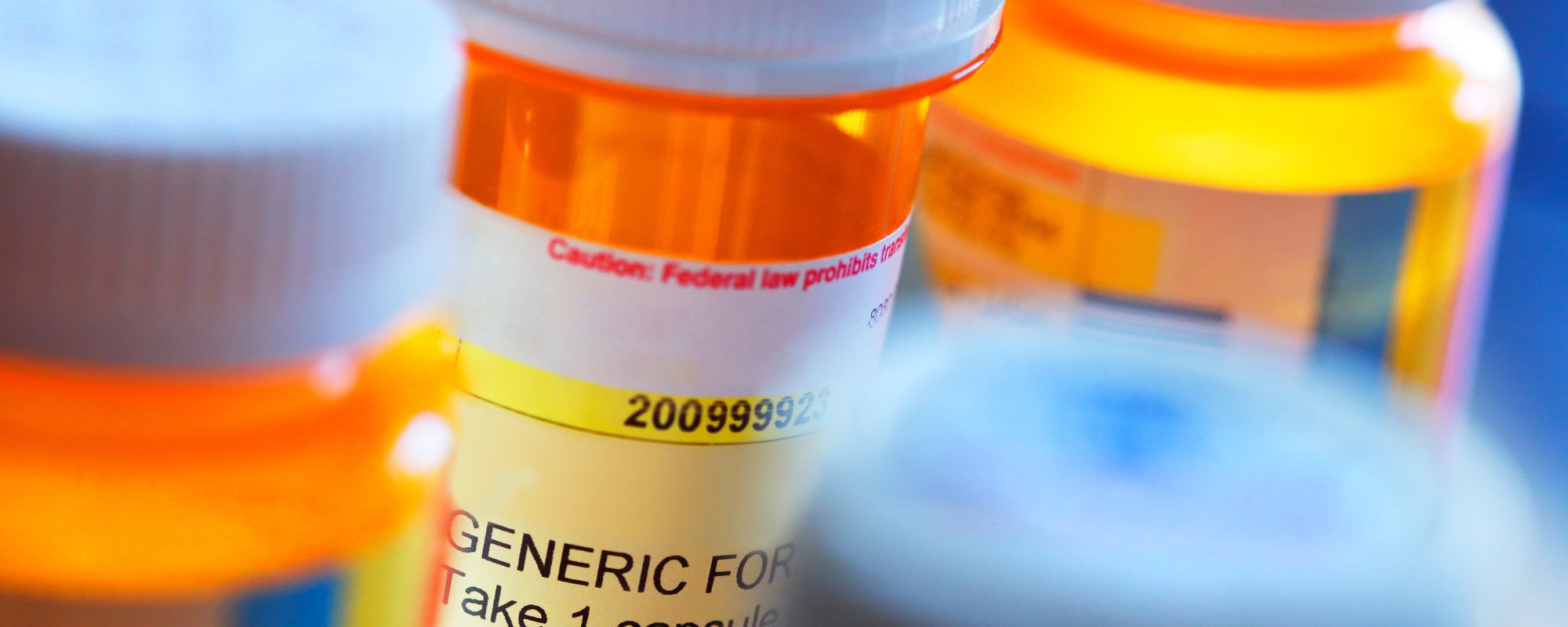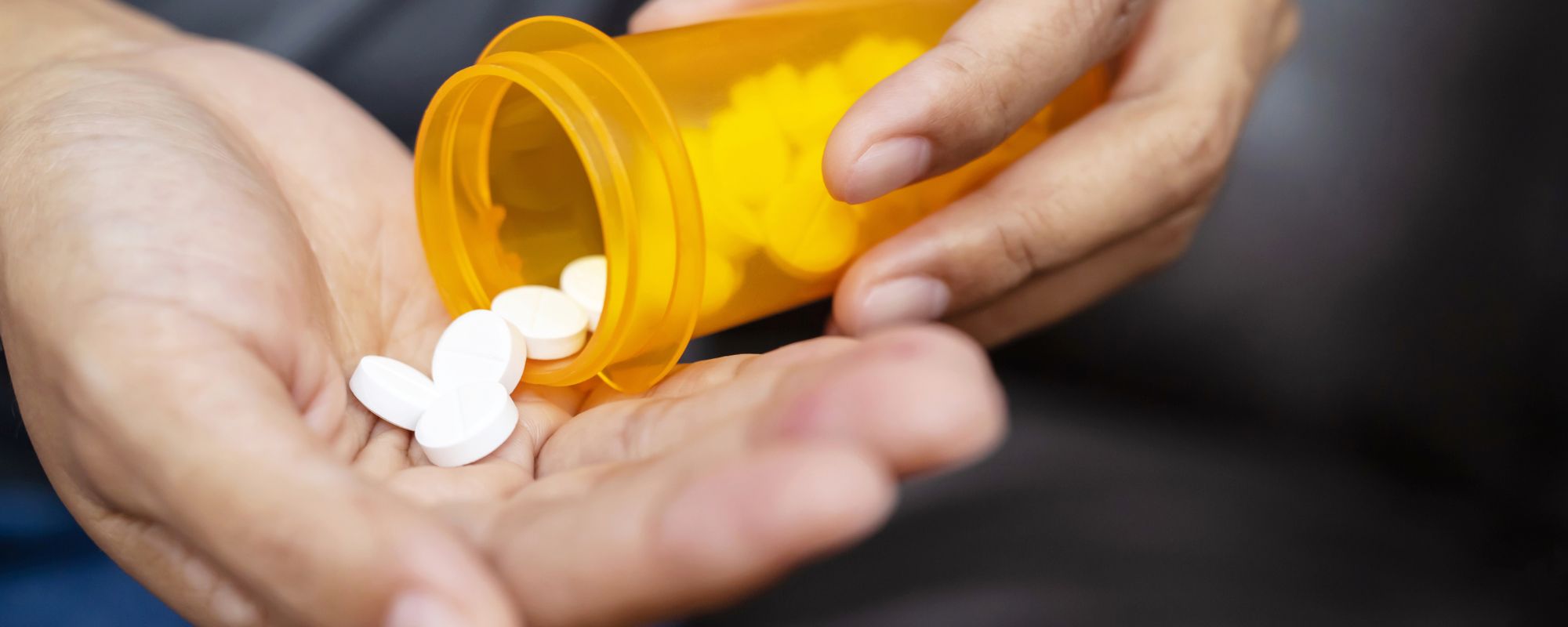Prescription drugs play an important role in the process of helping individuals overcome symptoms of illness. When it comes to gabapentin, the prescribed substance helps treat epilepsy and neuropathic pain. However, when prescription drugs like gabapentin are misused, they still have strong effects on the brain but lead to dependence instead of symptom relief. Before long, your prescription medication can do more harm than good. This is especially true if you abuse it recreationally to get high.
Maybe you’ve heard about the risks of gabapentin misuse, and you’re not sure whether to use the prescription. You’re wondering why gabapentin is bad. To clarify, gabapentin is not bad when used as prescribed. However, it can be very dangerous to your brain and body if you misuse drugs. Let’s dive into the risks and dangers of illicit gabapentin use to answer your questions about when and how gabapentin use is bad.
What Is Gabapentin?
Gabapentin is a prescription anticonvulsant drug that has the brand name Neurontin. It belongs to the class of gabapentinoids, which are psychotropic drugs. They work by mimicking Gamma-aminobutyric acid (GABA), a neurochemical responsible for sending messages to the central nervous system. Although gabapentin doesn’t have much effect on GABA receptors, it has a calming effect on the nerves. Simply put, it’s an effective treatment for conditions caused by overactivity in the central nervous system. The substance is used to treat a variety of conditions, including epilepsy, restless leg syndrome, postherpetic neuralgia, neurological disorders, and neuropathic pain.
Gabapentin is an important prescription for many people who struggle with seizures and nerve pain. But unfortunately, it also has a large track record of being used outside of how it’s intended. Statistics show that gabapentin is commonly used in combination with opioid abuse because it can boost or prolong the high. Combining gabapentin with other drugs like prescription opioids can lead to issues like respiratory depression, blurred vision, and other serious side effects.
Is Gabapentin a Narcotic?
Gabapentin is commonly misunderstood to be a narcotic drug because sleepiness is a known side effect. In fact, because it’s so effective in producing tiredness in individuals, doctors sometimes prescribe it for sleep disorders. Both primary insomnia and disturbed sleep can be treated with off-label gabapentin. Notably, this is because the drug increases slow-wave sleep and improves sleep quality better than some sedative-hypnotic medications. Thus, you may be prescribed gabapentin for sleep, but it’s important to only take the drug as recommended by your doctor. If you misuse gabapentin, even just to achieve sleepiness, you put yourself at risk of developing an addiction.
Is Gabapentin Addictive?
Unfortunately, yes, gabapentin can be addictive when misused. Those who use the drug as prescribed for their nerve pain can develop a dependence on the painkiller, but their dosage is carefully monitored as prevention. However, individuals who use gabapentin to get high, especially when used in combination with other substances, can become addicted. Just as with any drug that triggers the reward system in the brain, gabapentin can quickly lead to dependence. As your brain becomes tolerant to the positive effects, you need more and more to satisfy the withdrawal. This is the process of addiction.
Why Is Gabapentin Bad When Used Long-Term?
The longer you abuse gabapentin, the more dangerous it is. You put yourself at risk of severe dependence and addiction that can lead to overdose. Also, you put your body through a lot of strain, which, over time, can lead to negative health effects. For one thing, using gabapentin outside of the prescribed dosage puts you in danger of poisoning. You have an increased risk when using gabapentin if you have kidney disease or weak kidneys. Understandably, those who have engaged in chronic alcohol abuse are at a higher risk when using gabapentinoids. Alcohol can significantly damage the kidneys, which have to work overtime to flush toxins from the body. Fortunately, many effects of gabapentin abuse can be reversed with medical treatment.
Get confidential help from our addiction and mental health treatment facilities located across the United States. Call to join one of our quality programs today!
Speak With Our Admissions TeamWhat Are the Signs and Symptoms of Gabapentin Abuse?
Some symptoms that indicate whether someone is abusing gabapentin include:
- Withdrawal symptoms when trying to stop
- Sourcing gabapentin without a prescription
- Using the drug outside of your doctor’s recommended dose
- Mixing gabapentin and alcohol
- Mixing gabapentin and other substances, like opioids
- Using gabapentin to feel relaxed or to get high
- Illicitly self-medicating disorders like anxiety with gabapentin
Unfortunately, abusing the drug can lead to gabapentin overdose and death. It’s a serious concern if you or someone you know is abusing a prescription medication. The next step is seeking help at a rehabilitation facility.
What Is Gabapentin Treatment Like?
Treatment for gabapentin dependence is not scary because it prioritizes you as a person. At Aliya, we truly care about each client’s needs and develop a personalized care plan for them. Our team is knowledgeable about the dangers of substance addiction, and we know how to help. Individuals with a substance use disorder (SUD), especially an opioid use disorder (OUD), have a higher likelihood of developing a gabapentin addiction. Thus, we provide dual diagnosis treatment for those entering treatment with co-occurring addictions.
Our treatment is structured around comprehensive levels of care, from detoxification to aftercare. During inpatient and outpatient treatment, you will engage with traditional and holistic therapy programming. Simply put, the goal is to overcome your addiction by unpacking the deep roots and learning healthy behavior patterns to replace negative ones.
Symptoms of Gabapentin Withdrawal
Although it will vary based on the individual, some common symptoms of gabapentin withdrawal include:
- Difficulty sleeping
- Nausea and stomach pain
- Rapid heartbeat
- Anxiety
- Agitation
- Sweating and cold sweats
- Shaking and tremors
- Mood swings
Notably, many symptoms overlap with those of opioid withdrawal, especially if you’ve engaged in polysubstance abuse.
Looking for quality treatment for substance abuse and mental health that’s also affordable? Aliya Health Group's treatment facilities accept most major insurance providers. Get a free insurance benefits check now!
Check Your CoverageEffective Drug Rehab Near Me
You’re not alone in struggling with prescription drug misuse, and there’s relief waiting for you through treatment. At Aliya, we understand that the process of developing a substance addiction is complex. Fortunately, getting help is simple. We meet with clients to assess their backgrounds, needs, and goals. Then we get them situated in one of our rehab centers nearby. Starting with detoxification, they can progress through the levels of residential inpatient, outpatient treatment, and aftercare. Or they can enter a flexible level of care that accommodates their obligations at home. Clients engage in drug addiction counseling and holistic therapy to reach their sobriety goals. Our behavioral therapy and substance abuse treatment programs can reduce the risks of gabapentin abuse and help improve your mental health conditions.
Further, we accept most major insurance providers and can help you figure out your policy. Please contact us today to stop taking gabapentin and start the addiction recovery healing process with our healthcare professionals.
















